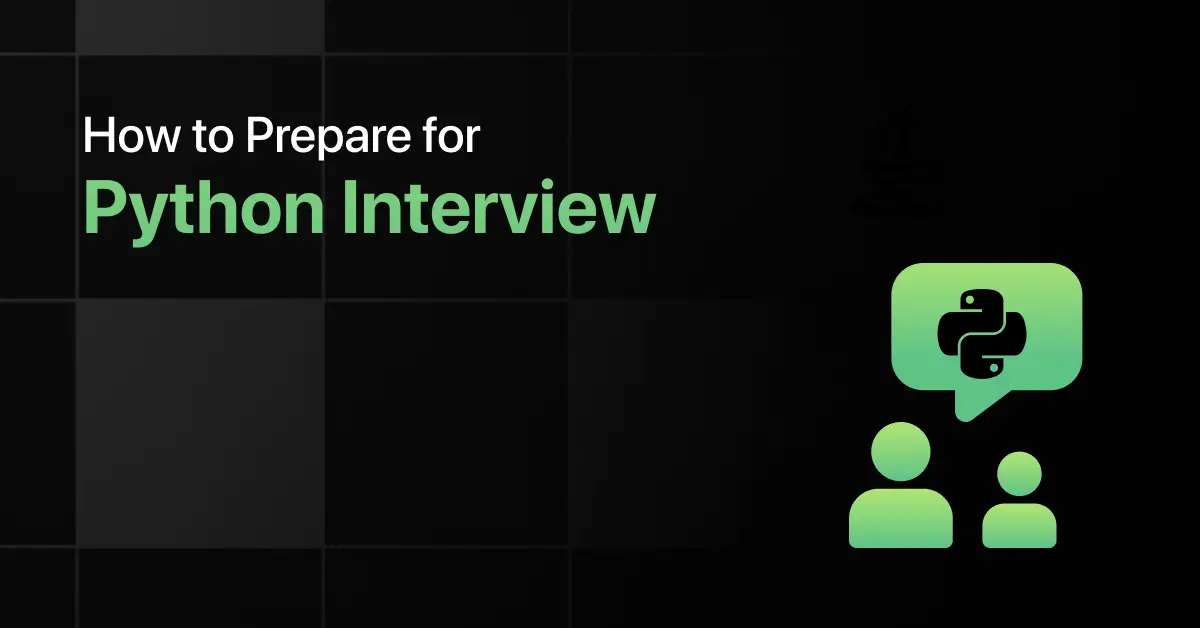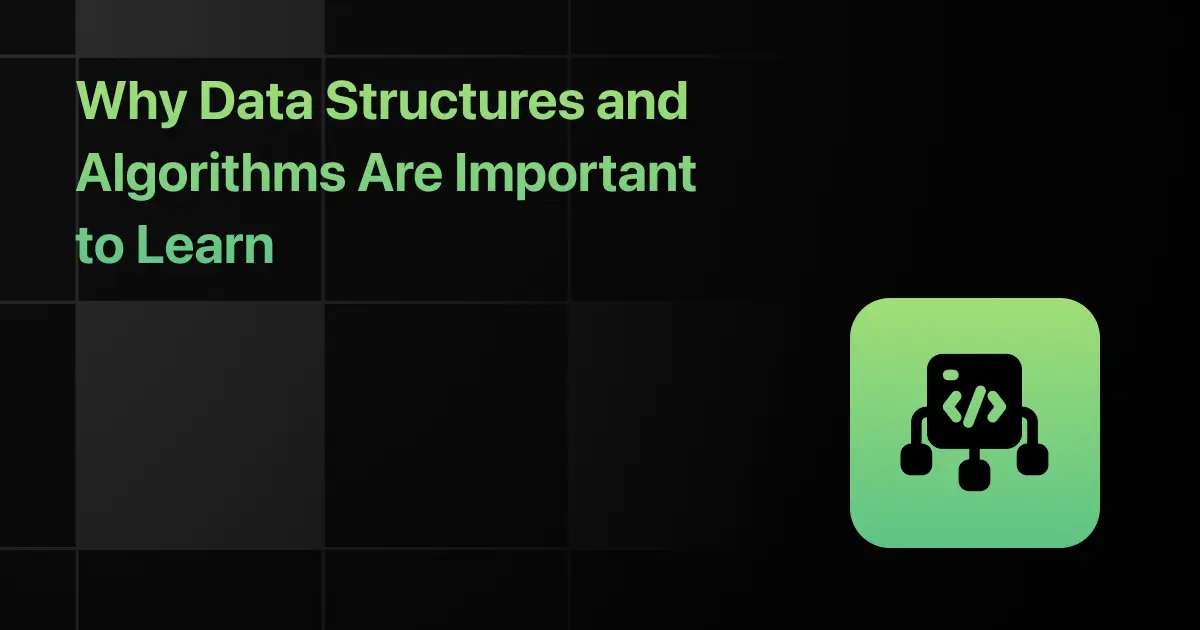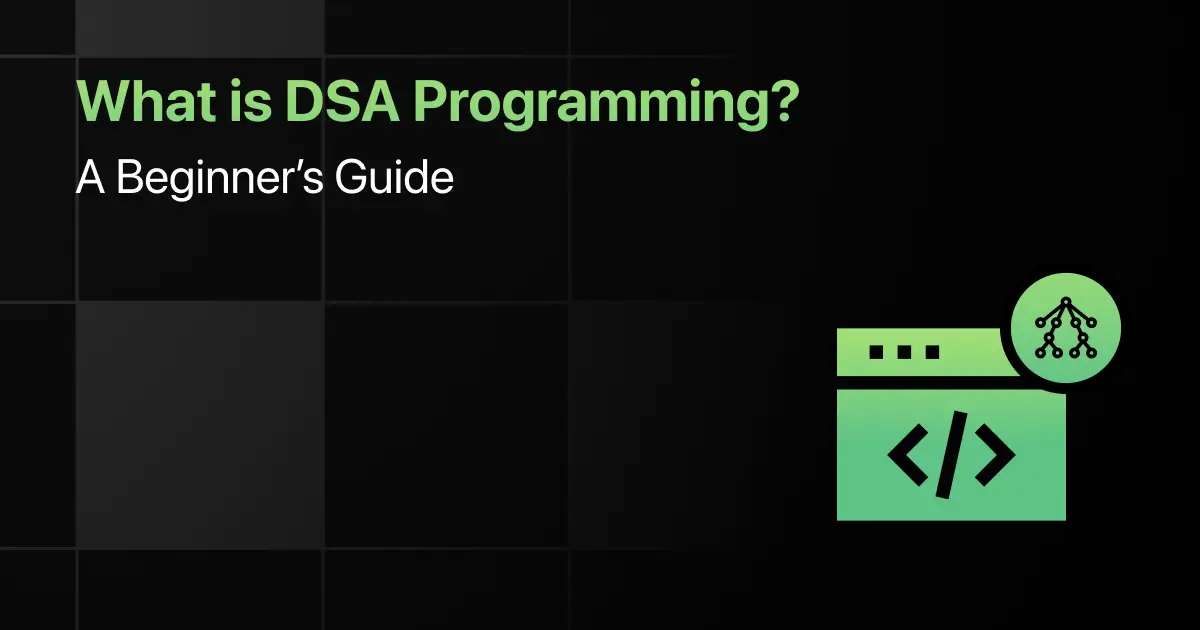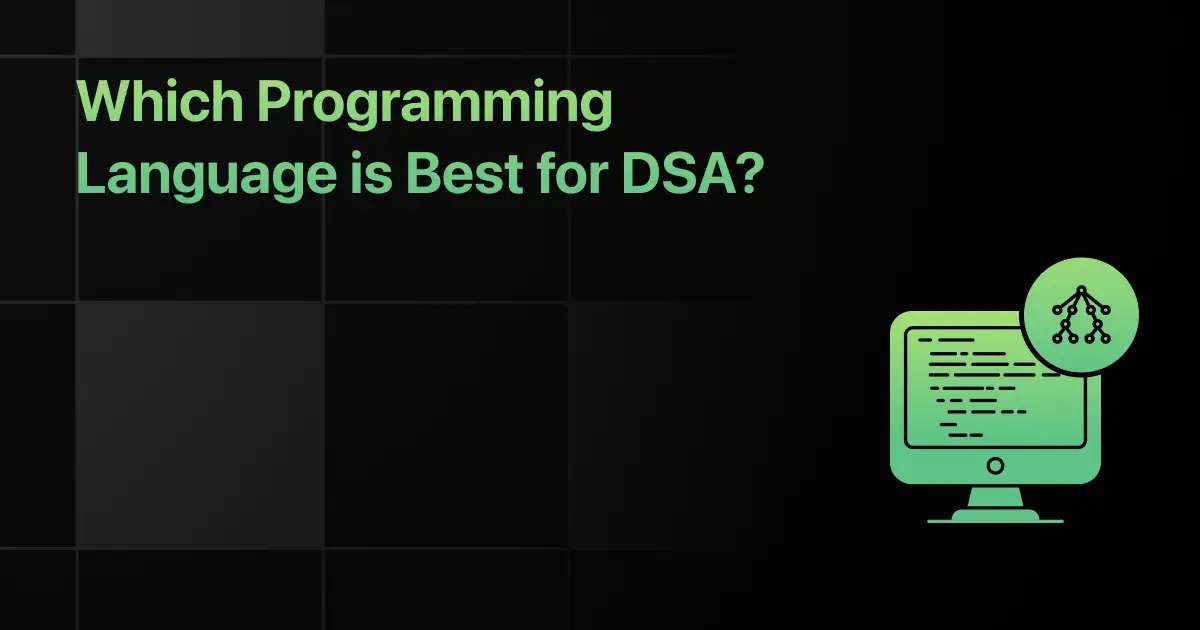How to Prepare for Python Interview

Are you preparing for your upcoming Python interview but not sure where to begin?
Many candidates struggle to balance learning Python fundamentals, practicing coding challenges, and revising commonly asked interview questions.
This blog will give you a clear plan for Python interview preparation, covering essential concepts, coding practice, and practical tips to help you perform with confidence.
Python Interview Preparation Guide
Preparing for a Python interview requires a strong grasp of language fundamentals such as data types, functions, OOP, and error handling, along with the ability to solve coding problems efficiently. Interviewers often evaluate not only your coding skills but also your understanding of how Python is applied in real-world scenarios.
To strengthen your preparation, it’s helpful to combine theory with practice and learn from real interview experiences that highlight the type of Python questions asked in technical rounds.
1. Master the Core Fundamentals
A strong foundation in Python basics is essential for performing well in interviews. Employers often start with questions that test how well you understand core language features before moving on to advanced topics. Key areas to revise include:
- Data types (list, tuple, set, dictionary) and type conversions
- Control structures (if-else, loops, comprehensions)
- Functions, arguments, and scope
- Object-Oriented Programming (classes, inheritance, polymorphism, encapsulation)
- Exception handling and error management
- File handling and I/O operations
- Iterators, generators, and decorators
- Modules, packages, and imports
- Python memory management and garbage collection basics
- Standard libraries (os, sys, math, collections)
- Being thorough in these topics ensures you can handle both theoretical and coding-based questions effectively.
2. Practice Coding Problems Consistently
Python interviews often include live coding tests, so consistent practice is critical. Focus on solving problems in areas such as arrays, strings, recursion, linked lists, stacks, queues, trees, graphs, and dynamic programming.
Python-specific exercises involving list comprehensions, string manipulation, and built-in functions are also commonly tested. Practicing daily improves both problem-solving speed and accuracy, while also making you more comfortable with Python’s syntax and features.
Using platforms for Python Exercises can help you track progress and strengthen your skills over time.
3. Prepare for Commonly Asked Interview Questions
Alongside coding tests, interviewers frequently ask conceptual and scenario-based Python interview questions. Reviewing common questions ensures you are prepared for both basic and advanced discussions. Some frequently asked questions include:
- What are Python’s key features?
- Explain the difference between Python 2 and Python 3.
- What are mutable and immutable data types in Python?
- How is memory managed in Python?
- What are Python decorators and how are they used?
- Explain the difference between shallow copy and deep copy.
- What is the Global Interpreter Lock (GIL) in Python?
- How do you manage packages and dependencies in Python?
- What is the difference between @staticmethod, @classmethod, and instance methods?
- How does Python handle garbage collection?
- Explain the use of iterators and generators in Python.
- What are lambda functions and when should they be used?
- How does Python’s exception handling differ from other languages?
- What is the difference between is and == operators?
- Explain Python’s duck typing with an example.
Going through these questions and practicing explanations will prepare you for the variety of scenarios interviewers may present.
4. Preparation Tips
A well-structured preparation strategy helps you cover Python systematically before your interview. Start with a revision plan that divides your time between core concepts, coding challenges, and reviewing common interview questions.
Take mock interviews to improve your ability to explain solutions clearly within time limits. Focus on writing clean, efficient, and Pythonic code, as interviewers often look at coding style as well as correctness.
Working on Python projects, such as data analysis scripts or small web applications, can strengthen your portfolio and give you talking points during the interview.
Lastly, dedicate the final day before the interview to revising important topics instead of learning new concepts, which will help you remain confident and clear-headed.
Final Words
Preparing for a Python interview becomes easier when you balance core concepts with consistent coding practice and revision.
With a clear plan and regular effort, you can approach both technical and problem-solving rounds with confidence.
Explore More Interview Preparation for
- Software Developer
- C++
- Machine Learning
- Full Stack Developer
- Front End Developer
- .NET
- C#
- PHP
- Angular
- Node JS
- C Programming
- JavaScript
- Java
- DBMS
- SQL
- React
FAQs
To prepare for a Python interview as a fresher, focus on mastering language fundamentals, practicing coding problems, and revising commonly asked questions.
The most important Python topics for interviews include data types, OOP concepts, exception handling, iterators, generators, decorators, and memory management.
You should practice Python coding problems daily on strings, arrays, recursion, and data structures until you can solve them accurately within time limits.
Yes, focusing on DSA in Python for campus placement is essential, as most technical rounds emphasize problem-solving skills using algorithms and data structures.
The best platforms to practice Python coding questions are PlacementPreparation.io, LeetCode, HackerRank, and GeeksforGeeks.
To revise Python concepts one day before the interview, quickly review OOP basics, exception handling, iterators, decorators, and common interview questions.
PlacementPreparation.io is useful for Python interview preparation because it provides structured coding exercises, MCQs, and real interview questions tailored for students.
Related Posts


Importance of Data Structures and Algorithms (DSA)
Why is everyone constantly talking about DSA, and why is it considered so important for programming? Many beginners focus only on …
Warning: Undefined variable $post_id in /var/www/wordpress/wp-content/themes/placementpreparation/template-parts/popup-zenlite.php on line 1050








